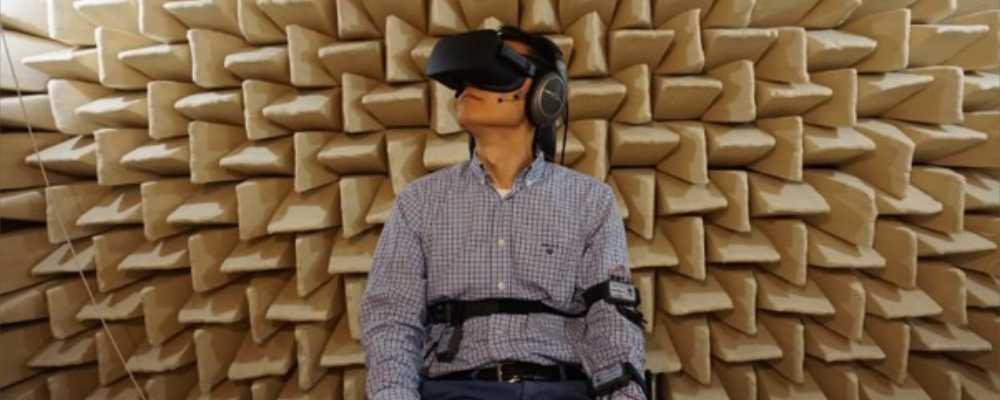Research conducted to date encompasses aspects of both physical and mental health and dissemination and knowledge exchange collaborations with fellow academics as well as industry, professional bodies and expert organisations. Collectively, the group expertise comprises the areas of acoustics, lighting, environmental psychology, history and heritage.
Members of the Health cluster utilise a variety of research methodologies, ranging from traditional historical research methods (archival and secondary literature reviews), to psychological and social sciences methods (interviews and questionnaires), to cutting-edge digital tools (VR environment and 3D sound), and monitoring, measuring and modelling techniques (including sound and vibration measurements; EEG, fEMG, heart rate and skin conductance level; light and spectrum measurement; eye tracking). Research outcomes have been widely published in international peer-reviewed journals, conference proceedings and various media outlets.
Individual projects have been funded by UKRI and other funding bodies and won reputable sector awards. International work to date includes collaborators in China, Finland, Hong Kong, Ireland, Italy, Korea, the Netherlands and the UK. Research conducted by staff is complemented by a number of postgraduate research students working towards their doctoral degrees. The group also contributes research-led teaching in both the undergraduate and postgraduate programmes in the School of Architecture and hosts public events open to all.
Our more specific research areas are varied, but include the following:
- Acoustic cleaning of medical implants
- Perception of music using vibration (musicalvibrations.com)
- Effects of transportation noise on people and communities
- Noise in Intensive Care Units (ICUs)
- Effects of lighting on health in office buildings
- Housing environmental quality (rural & urban) and occupants’ health
- Urban green infrastructure and residents’ mental health and satisfaction
- Twentieth-century mental health facilities
- Re-use of existing health facilities
- Heritage of health
Members of the cluster have connections with national and international professional and expert organisations as well as proven experience in research impact.
Members of the Health research cluster currently include:
Jiangtao Du
Carl Hopkins
Pyoung-Jik Lee
Christina Malathouni Cluster Lead
Gary Seiffert
Back to: School of Architecture
